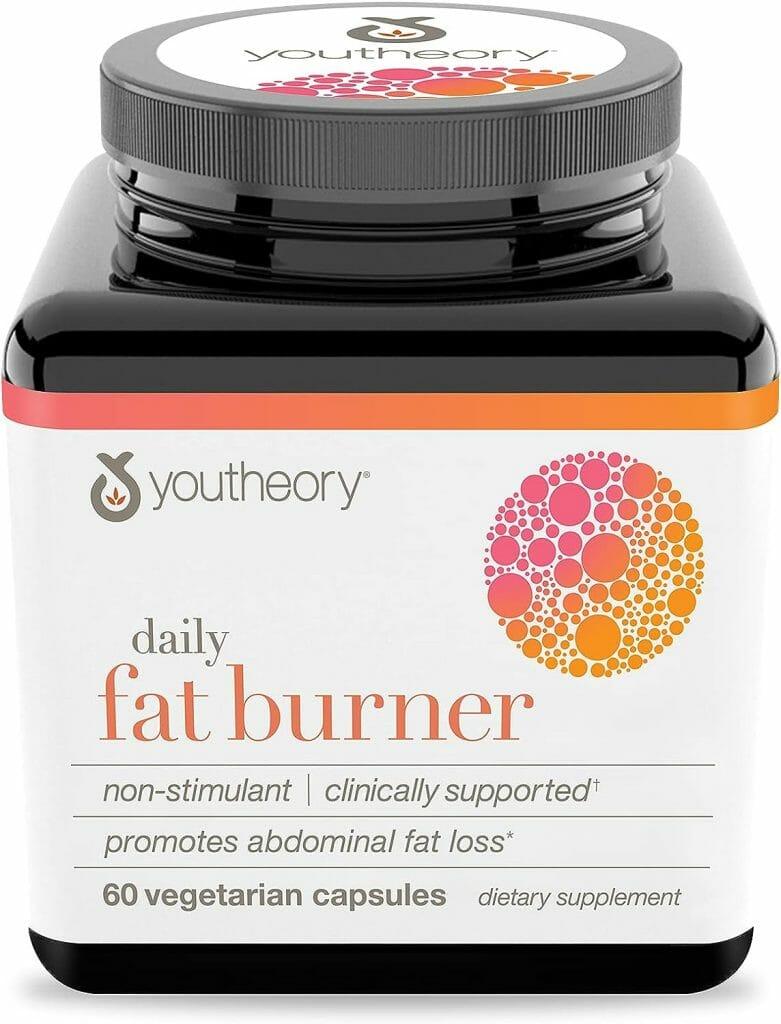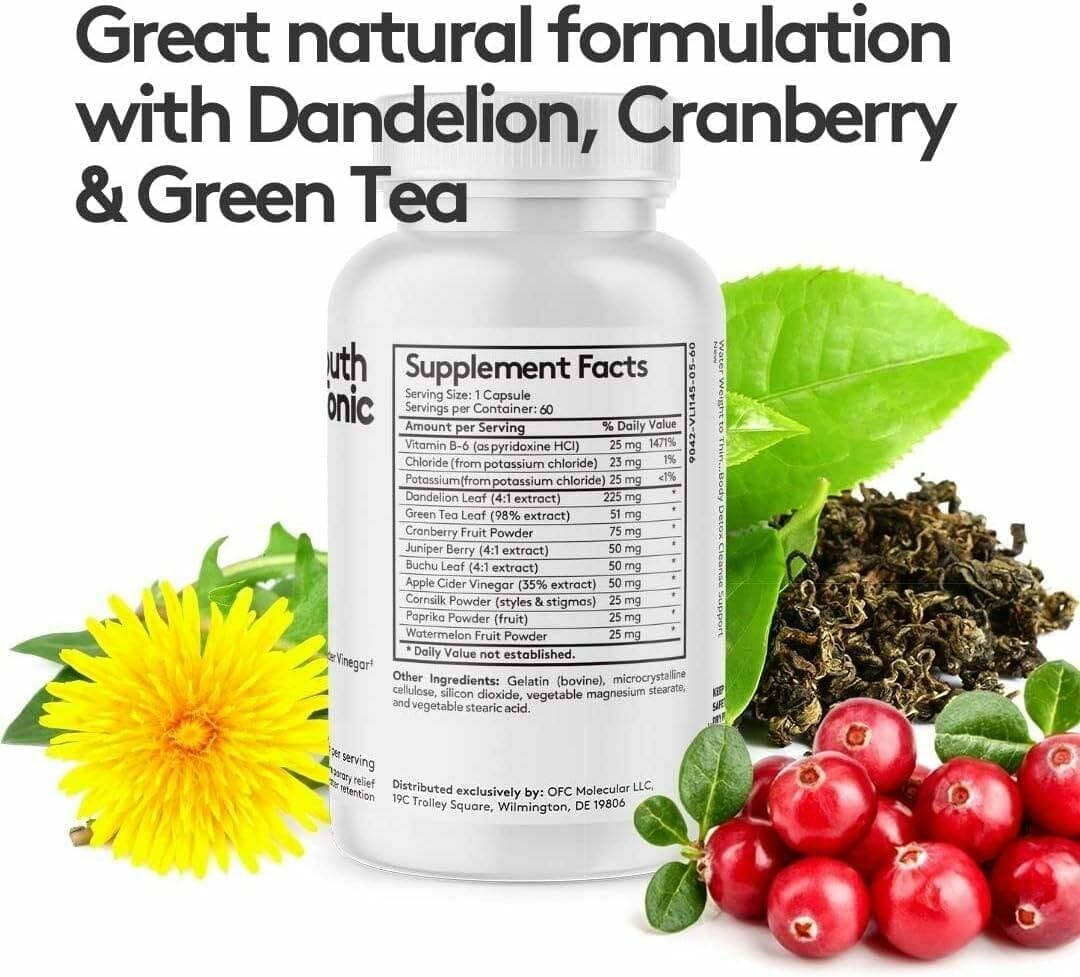Fiber is good for our diet by understanding how much fiber is too much. In addition it is important to understand the role which fiber plays in nutrition. First of all understand that fiber is a functional carbohydrate. For example, plantains hold many carbohydrates and are also very high in fiber. Also, plantains contain a nutrient which promotes healthy bacteria inside your colon. While many digestive disorders exist, too few people understand the reason why. Lack of dietary fiber is especially relevant to current digestive problems in society. Before World War II, we were much healthier because we were not afraid to eat fiber. Consequently, we replaced nutritious fiber with unhealthy foods today.
Eat In moderation
Many people eat 5 to 10 servings of fruits and vegetables per day. Another popular opinion about nutrition is that eating many grains daily is good for us. Unfortunately our digestive system is not designed to handle all of the fiber in these foods.
3 Fiber-Enriched Foods.
Brown rice, yams, and plantains are enriched with fiber and provide an excellent amount of carbohydrates. Fiber is good, however, only eat the amount your body can digest.
Recommended Grams Of Fiber Per Meal.
So, how much fiber is too much? Up to 4 to 5 grams of fiber per meal is a sufficient amount of fiber. Constipation occurs when you consume anything above this amount of fiber per meal. Whole foods rich in insoluble and soluble fiber will prevent constipation in digestion. Eating too much fiber prevents your body from absorbing important micro-nutrients from your food. You can only eat 5 or 6 grams of fiber per meal before the fiber inhibits the absorption of other vitamins and minerals.
Fiber is divided into 5 different categories:
- Dietary Fiber consists of non digestible carbohydrate intrinsic plants. Because these plants are not digestible, as a result they pass directly through our digestive system.
- Carbohydrates consist of sugars that form into individual sugar molecules. Much as carbohydrates are considered a non-digestible starch, fibers are starchy also.
- Functional Fiber contains isolated, non digestible carbohydrates and provides physiological benefits for humans.
- Soluble and Insoluble Fiber are non digestible and do not absorb into the blood stream during digestion. Each fiber contributes to the digestive process in various ways, however neither fibers contribute to digestive assimilation. Soluble and Insoluble do not offer us any calories or energy. Defecation passes fiber from your body at the same size it was consumed.
Add fiber to your diet at a slow and moderated pace. Your digestion is at risk if you rush these foods into your diet. Signs of excessive fiber consumption are stomach issues. Common stomach issues from fiber include gas and bloating, diarrhea and other bodily discomfort. In addition, excess fiber causes colon damage as food moves through your intestines.
Drink Adequate Amounts Of Water.
Consume enough water daily, at least half your body weight in ounces is recommended. Without enough water to balance your fiber intake, you risk digestive problems. Hence your bowel movements become dry and cause constipation.
Digestive enzymes provide an excellent source of fiber and recommended for people ranging from age 30 to 40’s. Vegetarian-based digestive enzymes relax our pancreas. Enzymes designed for digestion also break down all of the healthy macro nutrients within our food.
Conclusion
In conclusion, fiber has an important role within our diet and regulates our body. Enjoy eating this nutrient for the achievement of better health. In addition, fiber promotes healthy digestion, heart function, bowel regularity and disease immunity.








Leave a Reply
You must be logged in to post a comment.